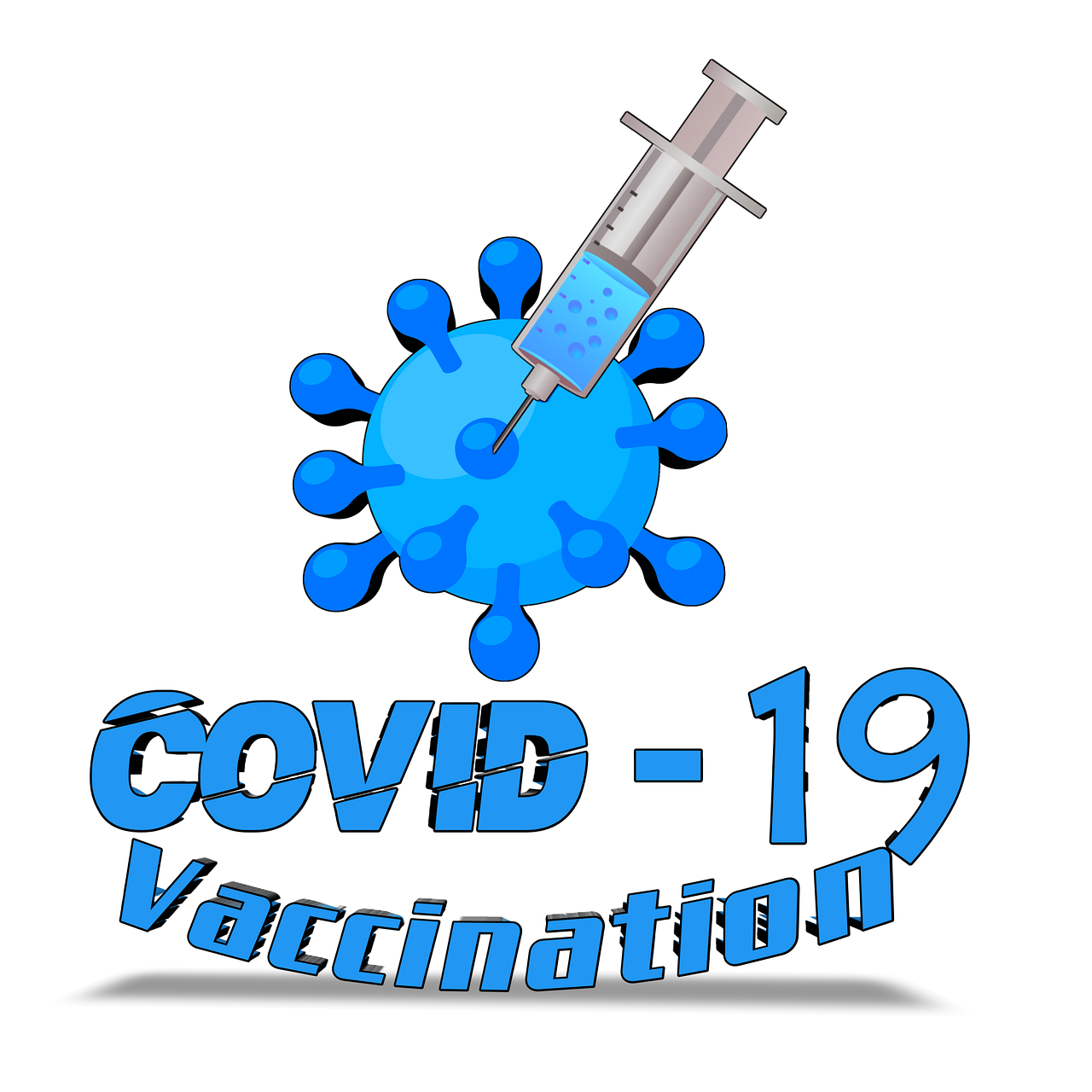The following is a press release from the Massachusetts Attorney General’s office submitted to SOURCE media.
***
[broadstreet zone=”59983″]
BOSTON – As more Massachusetts residents receive and become eligible to get the COVID-19 vaccine, Attorney General Maura Healey is issuing an updated advisory to residents about potential scams and misinformation intended to exploit the pandemic, while reminding residents to have confidence in the vaccination process.
The AG’s Office has received reports about people getting spam or scam emails or texts after they’ve received vaccines or registered for vaccines through legitimate websites. While there have been no reported breaches of patient information from legitimate vaccine websites, the AG’s Office urges people to remain cautious about vaccine scams.
“Scammers are always looking for the next opportunity to take advantage of a crisis, and now they are targeting people who may have just signed up for or received the vaccine,” AG Healey said. “We’ve been in touch with our state and health care partners to ensure patient information isn’t being shared, compromised, or sold through official vaccine websites. We want people to be confident about signing up for and receiving the vaccine through those sites, while remaining vigilant about vaccine scams.”
[broadstreet zone=”58610″]
Many of these vaccine scams involve people who’ve registered for or received the vaccine who then get spam or scam emails or text congratulating them on their appointment or vaccination and asking them to click a link to claim a prize of some kind. The timing is likely coincidental now that more than two million Massachusetts residents have received at least one dose of the vaccine.
People should still follow the following advice:
- Be Cautious: Don’t respond to or click on links from a person or company you do not know, especially if it asks for personal or financial information. Many of these are phishing attempts. Instead, contact the person or company directly using a phone number or website you know is real. Never provide personal information, including passwords, bank account details, or your Social Security number via email or text to an unverified source.
- Be Wary of Requests for Payment: Be wary of any unsolicited offers that require you to provide credit card or bank account information or ask for payment or a deposit in exchange for early or expediated access to vaccines. You cannot pay to jump the line and Massachusetts residents do not have to pay out of pocket for the vaccine.
[broadstreet zone=”59947″]
- Disinformation Campaigns: AG Healey urged Facebook and Twitter to take stronger measures to stop the spread of dangerous anti-vaxxer disinformation on their social media platforms. Online campaigns with a range of disinformation have flourished, sparking fear and distrust about vaccines. To prevent the spread of misinformation, don’t forward or share these false messages. Instead, for accurate information, consult with reputable sources including your doctor, trusted community leaders, the CDC, Massachusetts Department of Public Health (DPH), and your city or town board of health.
- Report Spam or Scams: General spam emails (emails without any of your personal information) should be reported to the Internet Crime Complaint Center (IC3.gov). If you have reason to think that your personal information has been compromised, contact the AG’s Office at ago@mass.gov.
Visit AG Healey’s COVID-19 resource page for information about how the AG’s Office can provide additional support during this crisis.


